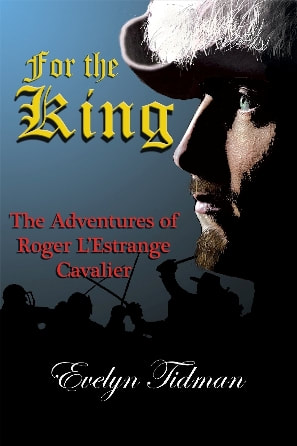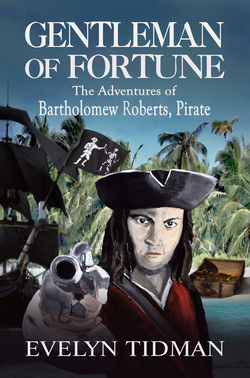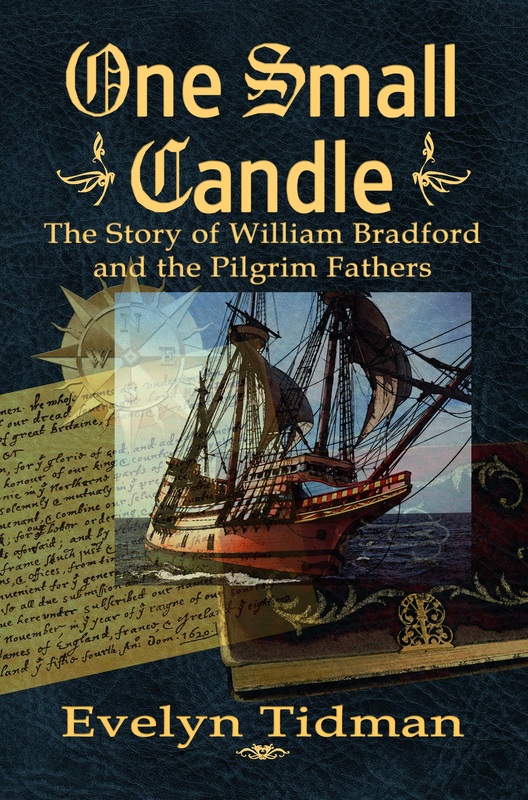That's the advice given to writers. Well that's fine and dandy if you have an encyclopaedic brain. What if you don't know? What if you want to write about history?
Then you jolly well have to find out! That way the not known becomes the known. That's where research comes in.
I write about actual people and events in history and my books, although novels, are mostly factual. Is that more difficult than writing contemporary fiction? On the one hand, probably, on the other, probably not. To qualify: The contemporary fiction writer has to make up a story, and to tie in all the elements of the story, and not forget what happened on page 29, which might have a bearing on page 150. And it may be that the background to that story needs a bit of research; or perhaps the job of the person, or their hangups, and so on. With the historical novellist, everything has to be researched. Did they use forks in 1620? Or 1720? What did they wear? What were the morals? The manners? The ideas? The political situation? The list is endless. But when writing about actual people and events, the story is already written for you.
For example, when it came to the Pilgrims in ONE SMALL CANDLE there was a great deal of documentation. William Bradford himself had written an account in Of Plymouth Plantation. Edward Winslow also had written an account, and there was a book called Mourt's Relation thought to have been written by George Morton, or some near relative. These were the people who actually went to Plymouth in the initial migrations. One of William Bradford's descendants wrote an account, as well as a man called Dexter. And there were other books as well as on line sources.
So far so almost easy. Marrying up the different accounts, however, can prove to be a headache. One puts in details another leaves out. And to-ing and fro-ing in the different books to check details is time consuming.
What details? For one thing, beliefs. Belief was a strong point for the Pilgrims. It was the motivation for the emigration first to Holland and then to New England. So that had to be right. Thankfully, John Robinson, their elder in Leyden was prolific in his writings. Too much so! The library in Norwich had several volumes of his treatises. Sorry - could not wade through that lot, but I got the gist. Readers will not have wanted to wade through lots of dogma, scripture and so on, so I had to pick and choose that which was pertinent to the story, at the same time leaving my own religious views out of it.
Another detail was in family relationships. This one proved to be a real headache. Because they were a congregation, and because they took seriously the Biblical command to 'marry only in the Lord', families intermarried. And when marriage mates died, they married again. So Susanna Fuller, Sam Fuller's sister, married William White first. He was cousin to the Whites, Bridget White being married to John Robinson, and her sister Catherine married (second) John Carver who became the first governor of Plymouth Colony. When William White died, Susanna married Edward Winslow, but she had children who were Whites. Same with the Carpenters - five girls all married and re-married. This pattern was repeated time and again. Keeping tabs on them all, and dates, and how old they were, and when they remarried was a nightmare. Thankfully, there are congregation lists, and family lists.
Then it was who was on the Mayflower, who was on the Speedwell, who went over on the Fortune and so on. Who died, who survived. Again, there are passenger lists, and I am grateful to William Bradford and the others for their careful records.
ONE SMALL CANDLE, therefore, is as accurate as I could make it. Even some of the speech is taken from actual conversations. What I have done is to dramatise it, so that the reader can stand in the shoes of the people and share their experiences, and not read just dry history. There are no invented characters in the book, all are genuine. But I do apologise to any descendants who feel their ancestor's character has been portrayed in a less than favourable light.
I like to bring history alive.
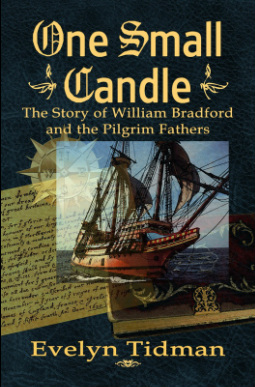
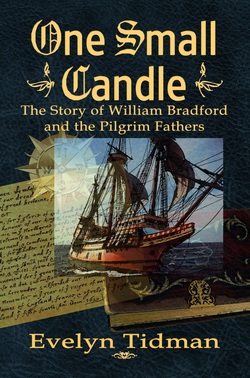
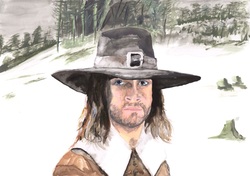
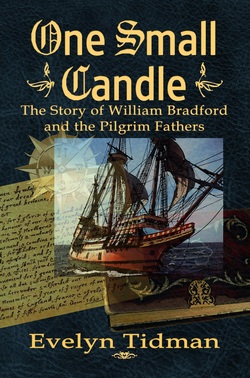
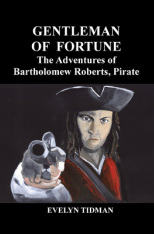
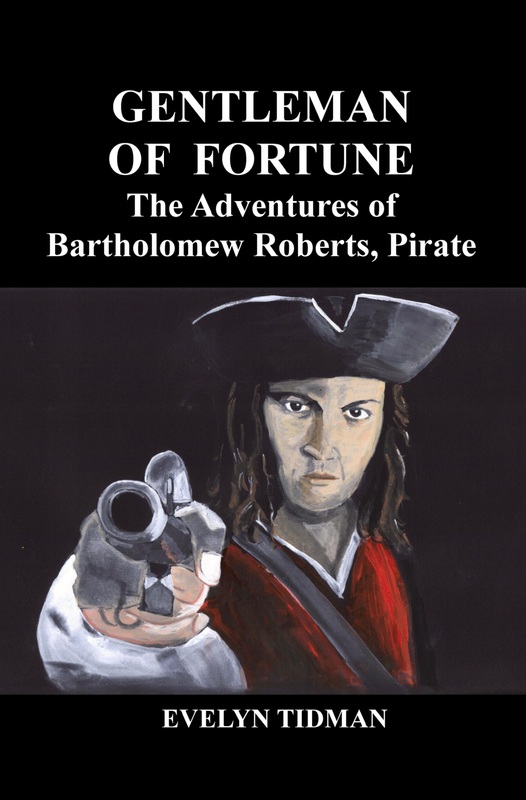
 RSS Feed
RSS Feed
